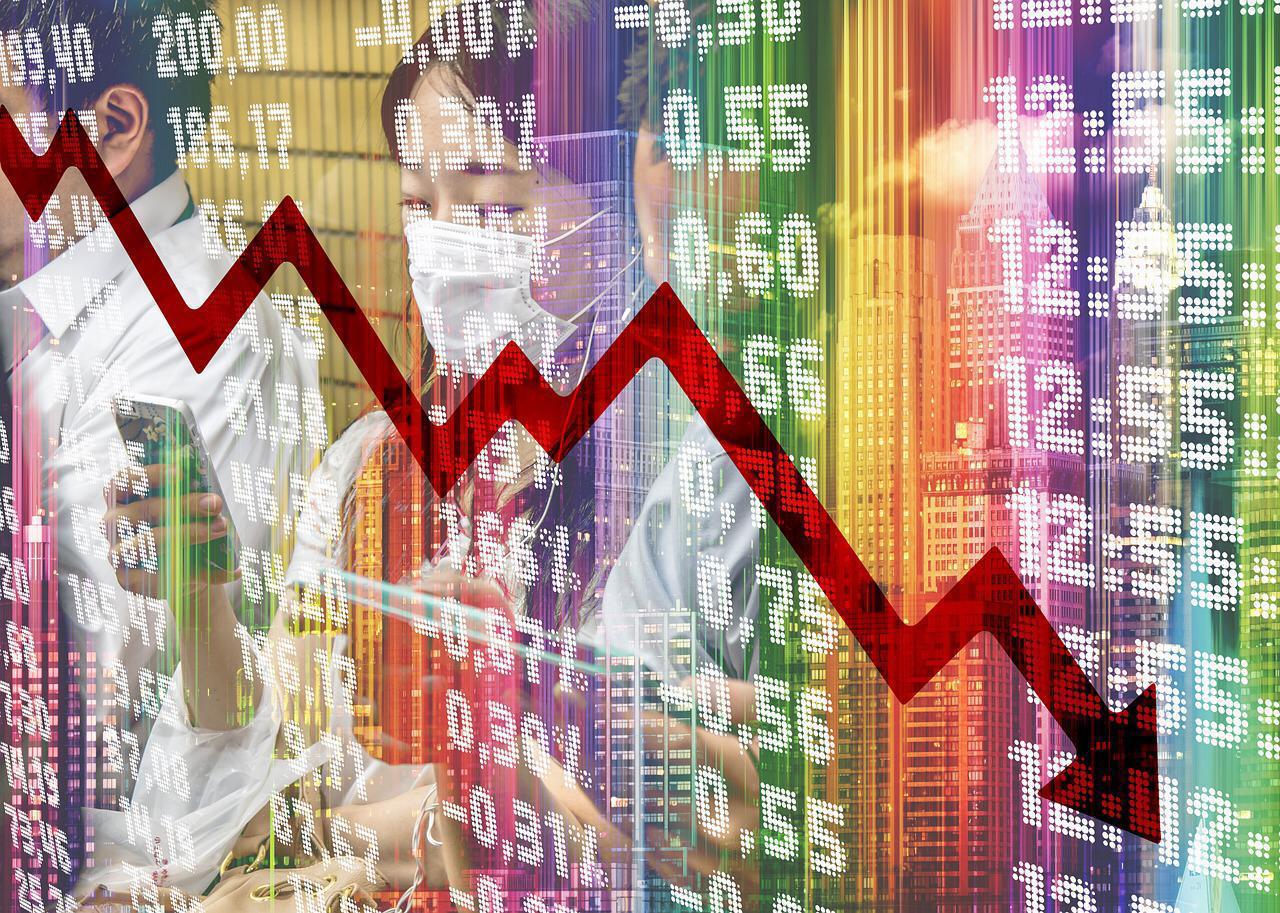The coronavirus, which has been currently
affecting over 80.000 people in 37 countries, is
actually damaging more the economy than the
health of the world.
The first aspect that shows the criticism of the
situation is the Stock Exchange: the NYSE
declined by 3% and Paris, London and Frankfurt
have recorded a decrease of 2%. Moreover,
traders are really worried about the potential
spread of the coronavirus in the USA.
The effects of the disease are already really
significant for a lot of sectors: from airline
companies to the tourism sector, up to all the
companies that used to have any kind of
relationship with China (buying, selling…).
The main damages that China has registered
involve the car industry, the supply chain but
most of all the airline companies (more than
200.000 flights from and to China have been
cancelled).
As for this sector we might talk about a global
issue: all flights from and to Dubai have been
suspended and Hong Kong’s airline is having a
bad time.
In order to predict the possible economic effects
of the coronavirus, a comparison with the SARS
(another virus that emerged in China in 2002) has
been made but with poor results. The reason is that the power of China in the global economy has increased enormously since 2002 and the interconnection with other countries is the reason why this time the virus is representing a global crisis. This strong connection between China and the countries around the world also represents the biggest question about the future:
will companies still want to rely exclusively on
China after the virus will be eradicated?
Right now the Chinese government should
concentrate on reducing the current problems by
operating in two areas: the demand and the
supply. The first one is important to convince
consumers to continue buying by reducing taxes
or decreasing interest rates. But the most
important aspect is the second one: companies,
unlike consumers, will surely still have their
expenses (staff, rent…) but they are not sure they
will get incomes so they need to be supported by
short-term lending.
The worst-case scenario would be a global recession that currently is likely to happen. However, there is a big problem about the connection between the attempts to restrict the virus and the efforts to save the global economy. The best solution would be investing in the direct costs connected with the illness rather than striving to stop the virus by freezing economic relationships.
Maddalena Marconi 5F





